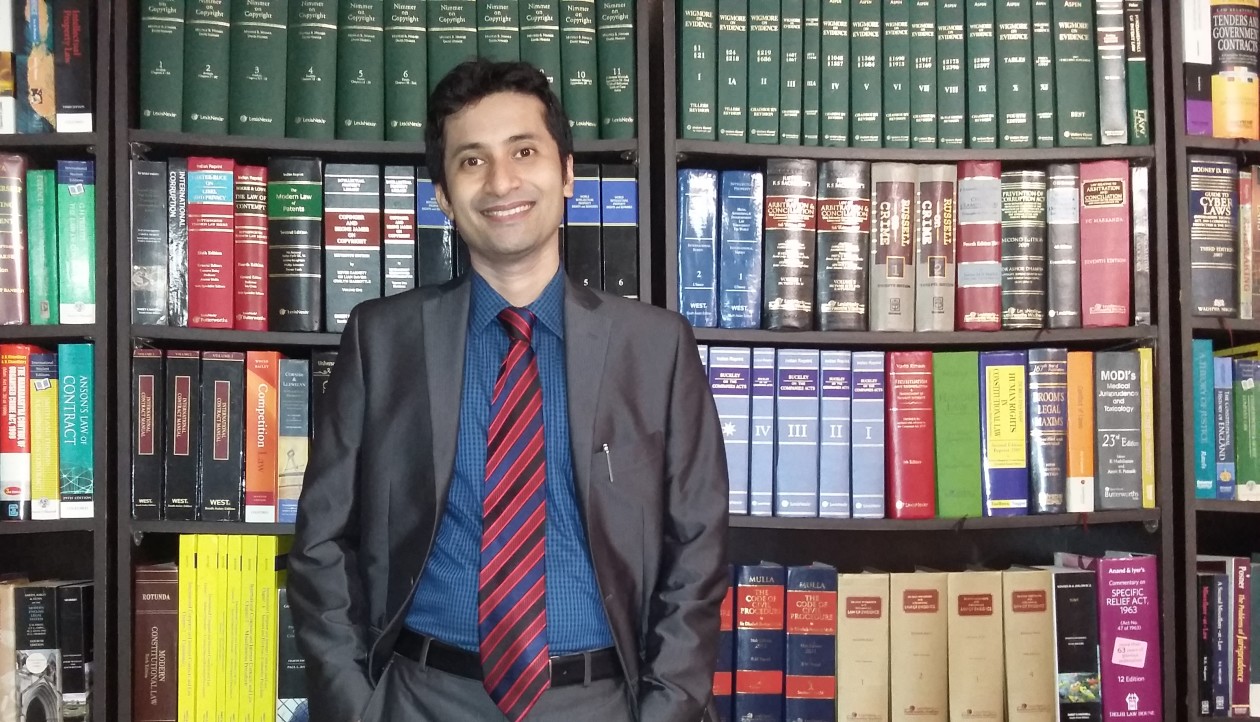“The act and wrong of a mad man shall not be imputed to him.”
On March 23, 2020, the U.S. Supreme Court delivered an opinion on the scope of ‘insanity defence’ in relation to Kansas law in the case titled Kahler v. Kansas. Under Kansas law, mental illness is a defense to culpability if it prevented a defendant from forming the requisite criminal intent. Kansas thus follows the cognitive incapacity test which examines whether a defendant was able to understand what he was doing when he committed a crime. It rejects the moral incapacity test which asks whether a defendant’s illness left him unable to distinguish right from wrong with respect to his criminal conduct. But in Kansas a defendant is still permitted to offer whatever evidence of mental health he deems relevant at sentencing and the judge has discretion to replace a defendant’s prison term with commitment to a mental health facility.
Brief facts of the case are deceased Karen Kahler had filed for divorce from defendant James Kahler and moved out of their home with their two teenage daughters and son to her grandmother’s house. After some months the defendant went there and after entering through the back door shot Karen, Karen’s grandmother and both his daughters. All victims died and Kahler then surrendered to the police the next day.
Kahler argued that he was suffering from severe depression and it had prevented him from forming the intent to kill. During trial Kahler filed a motion arguing that Kansas’s treatment of insanity claims violated the Fourteenth Amendment’s Due Process Clause. He argued that Kansas had unconstitutionally abolished the insanity defense by allowing the conviction of a mentally ill person “who cannot tell the difference between right and wrong.” The trial court denied the motion and the jury convicted Kahler of capital murder. But at the penalty phase, the court permitted Kahler to offer additional evidence of his mental illness and to argue in whatever way he liked that it should mitigate his sentence, still the jury decided to impose the death penalty which was upheld by the Kansas Supreme Court.
The U.S. Supreme Court, referring to Leland v. Oregon, 343 U. S. 790 (1952), observed that a state rule about criminal liability—laying out either the elements of or the defenses to a crime—can violate due process only if it offended some principle of justice so rooted in the traditions and conscience of our people as to be ranked as fundamental.
Kansas law holds a mentally ill defendant guilty if he had enough cognitive function to form the intent to kill, even if he believed the murder morally justified. The Supreme Court referred to its earlier decision in Powell v. Texas, 392 U. S. 514 (1968), wherein the Supreme Court had agreed with Texas declining to recognize chronic alcoholism as a defense to the crime of public drunkenness observing that the paramount role of the States is in setting standards of criminal responsibility. The Court in that case invoked the many interlocking and overlapping concepts that the law uses to assess when a person should be held criminally accountable for his antisocial deeds. The Court thus concluded that the doctrine of criminal responsibility must remain the province of the States.
The Court in this case observed that even after the articulation in M’Naghten, the moral incapacity test has never commanded the day. It said that the legal insanity defence is constantly changing as new medical knowledge emerges and as legal and moral norms evolve. It is for the state to decide and the M’Naghten rule has not been elevated to the level of a fundamental principle.
Differing with the defendant the Court reasoned that constitutionalizing the moral-incapacity standard would require striking down of many similar state laws. It stated that the due process standard sets a high bar, and a rule of criminal responsibility is unlikely to be sufficiently entrenched to bind all States to a single approach. Utilising its earlier precedents in Leland v. Oregon 343 U. S. 790 (1952), Powell v. Texas 392 U. S. 514 (1968), Clark v. Arizona 548 U. S. 735 (2006) the Supreme Court rejected Kahler’s appeal.
